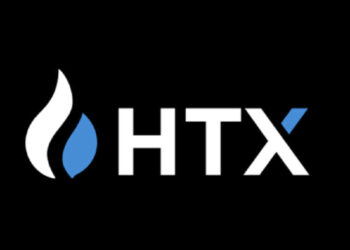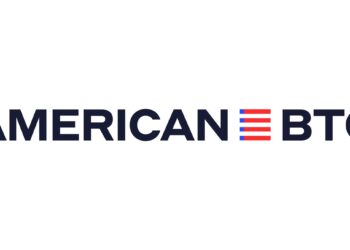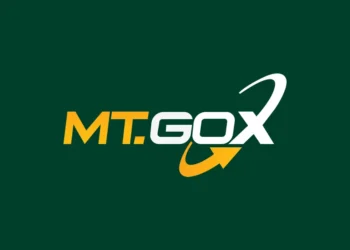Australian regulators are ramping up efforts to tighten oversight of the country’s cryptocurrency market, with the Australian Securities and Investments Commission (ASIC) leading the charge. On December 4, ASIC released Consultation Paper 381, which outlines strategies to close regulatory gaps in the sector and ensure adherence to current financial regulations.
The consultation paper proposes 13 examples of how existing financial product definitions could be applied to cryptocurrencies and related products. Other proposals include measures to address the “practical licensing challenges” posed by stablecoins and wrapped tokens, potential regulatory relief measures, and a transitional approach for businesses adapting to updated guidelines.
ASIC Commissioner Alan Kirkland stated that the regulator aims to foster the growth of “responsible financial innovation” while prioritizing “consumer protection.”
He stated,
“Many digital assets and related products qualify as financial products under existing law. Stakeholders have called for clearer guidelines, and in response, we are releasing our draft updated guidance.”
Kirkland reiterated that a well-regulated financial system benefits the broader community and fosters “responsible financial innovation.”
It had been earlier reported that ASIC was working on new legislation requiring cryptocurrency exchanges to obtain financial services licenses. Kirkland announced this at the AFR Crypto and Digital Assets Summit in September 2024, emphasizing that major cryptocurrencies like Bitcoin (BTC) and Ether (ETH) are financial products under the country’s Corporations Act.
The regulator is welcoming public feedback on the proposed rules until February 28, 2025. It plans to finalize the guidance document outlining obligations under the new regulations, which would be added as revisions and updates to the country’s Corporations Act 2001 and the ASIC Act 2001 by mid-2025.
Meanwhile, public consultation on Australia’s proposed crypto taxation framework is ongoing. Australians have about 52 days more to share their feedback on the Department of Treasury’s move to either adopt the Organization for Economic Cooperation and Development (OECD) ‘s Crypto Asset Reporting Framework (CARF) or customize it to suit domestic requirements. CARF is expected to improve tax transparency by tracking crypto transactions over $50,000 and sharing data with global authorities.
If you want to read more news articles like this, visit DeFi Planet and follow us on Twitter, LinkedIn, Facebook, Instagram, and CoinMarketCap Community.
“Take control of your crypto portfolio with MARKETS PRO, DeFi Planet’s suite of analytics tools.”





















